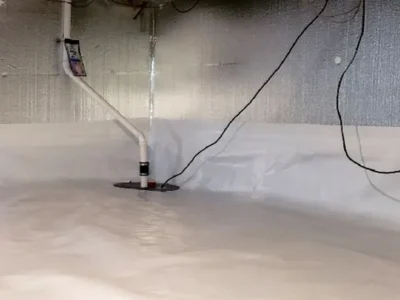Is your home bursting at the seams? Do you have a tiny kitchen that’s impossible to work in? Then you’re probably considering extending your home.
But when you’re planning on building an extension, it can be hard to decide whether to keep it small and cost-effective or go large and maximise your living space.
To help you decide, let’s take a look at the pros and cons of each option.
The benefits of building a small extension
One of the big benefits to keeping your extension small is that it can be built within permitted development rights. So, you should be able to do it without going through planning. That saves time, money and stress.
The smaller your extension, the fewer bricks, tiles and other building supplies you’ll need and the quicker it should be to build, so you’ll save on both material and labour costs. This means you can add more space on a modest budget. But even if you have plenty of money available for an extension, you might want to keep it small, so you can spend some of your budget doing up the rest of the house.
It’s not just the build costs that are lower with a small extension either. Going forward, it will cost much less to heat than a large extension, so you’ll keep your running costs down.
Another benefit to sticking with a small extension is that you’ll have more of your garden left to enjoy. For families, a garden is as valuable as having plenty of space inside the home.
The downsides to building a small extension
Of course, there are some downsides to building a small extension. Firstly, as space will be at a premium, you’ll need to be clever with your design. This can take the skills of an experienced architect and a lot of planning to achieve.
In addition, small extensions can feel boxy and dark unless you incorporate plenty of glazing, such as roof lights or lanterns. This can affect your home’s energy efficiency and will affect the building costs.
It’s also worth bearing in mind that a small extension might not solve all of your home’s space issues. If your home is truly bursting at the seams, you may need an extra bedroom and bathroom as well as additional living space downstairs. So, a double storey extension may be a better option than a single storey one.
The advantages of building a large extension
Building a large extension does have its advantages. A large extension is often the best way to turn a small two-bedroom house into a home that’s suitable for a family and modern living.
A large extension can save you needing to move house when you start a family and it can futureproof your home if you have a growing family.
A bigger extension also gives you more opportunity to play around with layouts and fit in larger pieces of furniture without making the rooms feel cramped. It can also give you the space to add bonus rooms like a home office, en suite and dressing room.
Disadvantages of large extensions
However, there are some disadvantages to large extensions. The most obvious is the cost. The average cost of a double storey extension is £60,000 while the average cost of a single storey extension is £35,000. And when you’re spending so much on an extension, there’s a risk that you won’t see a return on your investment.
There will also be more planning to do than with a small extension and the disruption to your daily life will be greater as the build will take longer. It’s also worth noting that without careful planning and design, a large extension can ruin the original character of a house. So, choosing between a small and large extension does need considerable thought.
Weighing up your options
When you’re weighing up your options, the key factors in your decision are going to be based on the amount of extra space you need, the amount of space you have available to extend into and the planning restrictions in your area. As there is a big difference in the cost to build a single storey and a double storey extension, budget is also going to be a major factor in your decision.
It’s also wise to think about future needs as well as the space you need now. Is your family growing or are your kids already grown up and likely to leave the nest in the next few years?
One other thing you might want to consider is the property values in your area. If you’re planning to sell your home in the future, you might not want to spend more on an extension than you’ll get back.










Comments